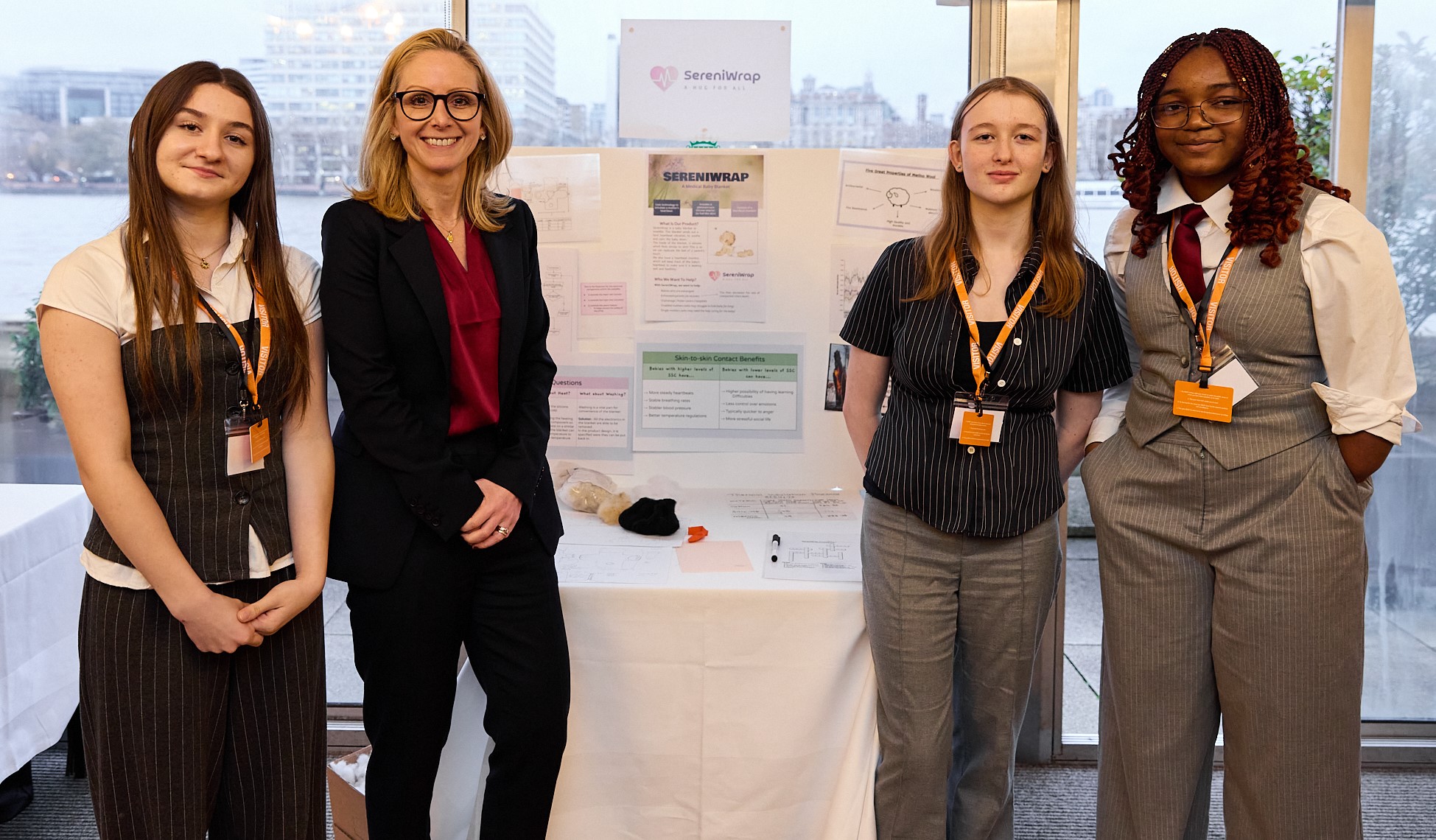Women are putting their health on hold because they’re too busy to take potentially life-threatening symptoms to the doctor, reveals new research released by charity Ovarian Cancer Action. More than a quarter of women (25.3%) say they prioritise work over going to see a doctor and more than a third (38%) say looking after their family takes precedence. 14% feel that spending time with their partner is more important than seeking medical help and a small proportion (8.3%) say socialising is a priority.
One in five of the 2000 participants (23%) are worried about wasting a doctor’s time and 20% feel that other patients’ needs are more important than their own.
More than a third (37%) of the women who took part reported finding it difficult to speak to a doctor. Of those, top reasons cited for keeping quiet about their health included being embarrassed (55%), worrying about being judged as overreacting (44%), feeling as though they’re not taken seriously (35%), and not feeling understood (26%).
Aside from feeling busy or reluctant to speak up, more than a third (34%) of participants reported feeling dismissed when they do speak up about their health. Physical problems were the most oft dismissed, with 36% of women saying they’d not felt heard when discussing a problem with a doctor. The numbers for mental health and sexual health fell to 30% and 27% respectively.
Even after visiting a doctor, almost one in five women said they would doubt their instincts if a doctor contradicted them and more than 10% said they’d accept a diagnosis without question.
To coincide with Ovarian Cancer Awareness Month this March, the charity has launched a new campaign, ‘Speak Up, Listen Up!’ The aim of the campaign is to explore complexities around diagnosing ovarian cancer, to encourage women to listen to their bodies and speak up about their health, and to encourage doctors to ‘think ovarian cancer.’
Alison McGoff is 46 and lives in Scotland. She was diagnosed with ovarian cancer in 2013. “Before I was diagnosed with ovarian cancer, I thought changes in my body were simply harbingers of the menopause. I also felt stressed and hugely tired but I just chalked that up to working hard,” she said.
“I did speak up, but not enough. It’s so easy to dismiss symptoms as being par for the course because, as women, we’re programmed to expect our bodies to change. Yes changes might happen but don’t just accept them. Learn to listen to your body. Speak up if something doesn’t feel right and be persistent with your doctor. After all, you know yourself better than they do.”
Katherine Taylor is Chief Executive of charity Ovarian Cancer Action. She said: “The reluctance for women to seek help and speak up about health issues is really worrying but it’s not hard to understand. From being too busy or feeling too shy, to prioritising the needs of our families or our jobs – every woman is different and there are myriad reasons that health issues may not take precedence in the busy lives we lead.
“However, in diseases like ovarian cancer – in which symptoms can be vague and diagnosis is tricky – we, as women, need to listen to our bodies, keep a close eye on our health and be persistent with doctors if we think something is wrong.
“That’s why we’ve launched ‘Speak Up, Listen Up’. We need to spread awareness of ovarian cancer symptoms far and wide. We need to encourage women to feel empowered to speak up; and be persistent. And we need to ensure women are heard by asking doctors to ‘think ovarian cancer’.”
When asked to identify a symptom of ovarian cancer more than a third (32%) said they couldn’t and almost one in 10 said there are none.
In fact, the symptoms are persistent bloating, needing to pee more often, persistent tummy pain and feeling full more quickly.
Women experiencing symptoms should keep a diary of symptoms to take with their doctor as this will help with a diagnosis.
















